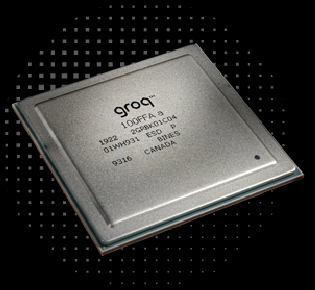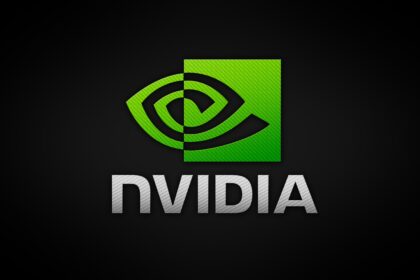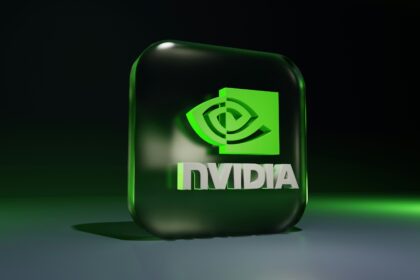Groq, the AI chip startup that has been quietly speeding past the competition, is now reportedly trying to turbocharge its journey, with a casual $600 million raise. If the deal closes, Groq would more than double its valuation in under a year, going from $2.8 billion in 2024 to nearly $6 billion in 2025. That is not just growth, it is an AI rocket launch.
According to Bloomberg, the round is still in the works, and the numbers could shift. But leading the charge is Disruptive, an Austin-based firm that seems keen to slap its name on what could become one of the most-watched players in AI hardware. Groq’s previous November funding round was led by BlackRock, with backup from big names like Cisco, KDDI, Neuberger Berman, Type One Ventures, and Samsung Catalyst Fund. Groq’s cap table looks like a who’s-who of deep-pocketed believers in AI’s infrastructure future.
What is Groq?
Groq is not your run-of-the-mill chip company. It was founded by Jonathan Ross, the guy who helped develop Google’s Tensor Processing Unit (TPU), the same chip that powers much of the search giant’s AI muscle. Ross left Google and brought that silicon brainpower with him, launching Groq from stealth mode in 2016 with one goal: make chips specifically designed to accelerate AI inference. In simpler terms? Groq wants to make AI run faster, smoother, and cheaper.
Related: U.S. Puts Brakes on 1 Billion Dollar Nvidia Chip Deal With UAE Over China Fears.
Back in April, Groq joined forces with Meta to help accelerate Llama 4 inference (Meta’s large language model). Then, in May, it announced an exclusive deal with Bell Canada to build out infrastructure for the telecom giant’s AI ambitions. That is not just two wins of momentum.
Demand for AI chips is hotter than Lagos in March. Between ChatGPT, generative AI, real-time language models, and the race to create the next great AI assistant, everyone from startups to tech giants is scrambling to get their hands on custom silicon that can keep up.
Groq sees its moment and wants to scale, fast. That $600M is not just for show. It could fuel production, support new cloud partnerships, and help the company break Nvidia’s chokehold on the AI chip market (good luck with that, but still).
Of course, none of the involved parties are commenting publicly yet. But in venture land, silence often means, “Yeah, it’s real, but do not jinx it.” What is wild is that Groq raised $640 million just last August. If it nails this new round, it will have pulled in over $1.6 billion in total funding, and that would make it one of the most well-capitalized private players in the AI hardware game.
It is a bold bet in a space dominated by Nvidia, AMD, and a growing wave of purpose-built AI chipmakers. But if Groq’s performance claims and early wins with Meta and Bell Canada are any hint, a serious challenger is rising from the shadows.
And maybe, just maybe, we are watching the birth of the next chip giant in real time. Groq’s chasing a $6B valuation because it believes AI chips should be fast, smart, and maybe just a little disruptive. Will it outpace the big dogs or burn out trying? Either way, the chip wars just got more interesting.







